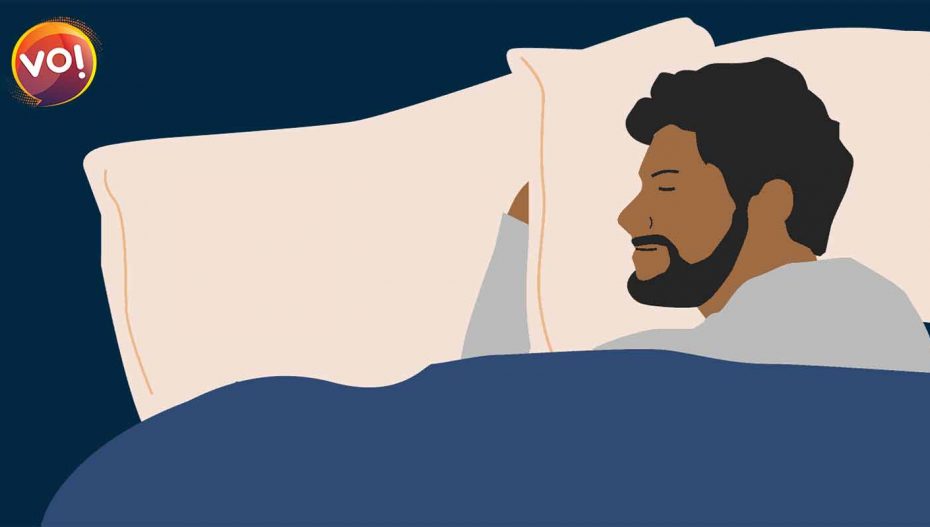Eight hours of sleep and eight glasses of water in a day. That was the rule of thumb passed down generations. However, a team of researchers from the University of Cambridge in the UK and Fudan University in China have found that seven hours of sleep may be the ideal amount of “shut-eye for middle-aged and elderly people.”
The study published in “Nature Aging,” notes that seven hours of sleep was “best” for cognitive performance and good mental health. Insufficient or excessive sleep could be a risk factor for cognitive decline in ageing. “While we can’t say conclusively that too little or too much sleep causes cognitive problems, our analysis appears to support this idea,” said Jianfeng Feng, a brain scientist and professor at Fudan University. “But the reasons why older people have poorer sleep appear to be complex, influenced by a combination of our genetic makeup and the structure of our brains.”
The researchers examined data from nearly 500,000 participants aged 38 to 73 years and found that insufficient and excessive sleep were associated with impaired cognitive performance and inferior mental health.
Study participants reported their sleep patterns and also answered questions about their well-being and mental health. They completed a number of cognitive tasks that tested their processing speed, visual attention, memory and problem-solving skills. Surprisingly, those with an uninterrupted seven hours of sleep did better across the board.
There is one caveat, though: 94% of the participants were white, so it’s unclear whether the results are true for people of color and other ethnic or cultural backgrounds.
“Getting a good night’s sleep is important at all stages of life, but particularly as we age,” said Barbara Sahakian, a professor at Cambridge University and co-author of the study.
The researchers said a lack of sleep is likely to hamper the brain’s process of ridding itself of toxins. They also say that a disruption of slow-wave or deep sleep may be responsible for cognitive decline.
When deep sleep is disturbed, it affects memory consolidation and that can lead to the build-up of amyloid, a protein that can — if it fails to function as it should — cause “tangles” in the brain that are characteristic of some forms of dementia.
Since the risk of developing Alzheimer’s and dementia — ageing diseases that come with cognitive impairments — has been linked to sleep duration, the researchers said that further work in the field of sleep science is essential.














